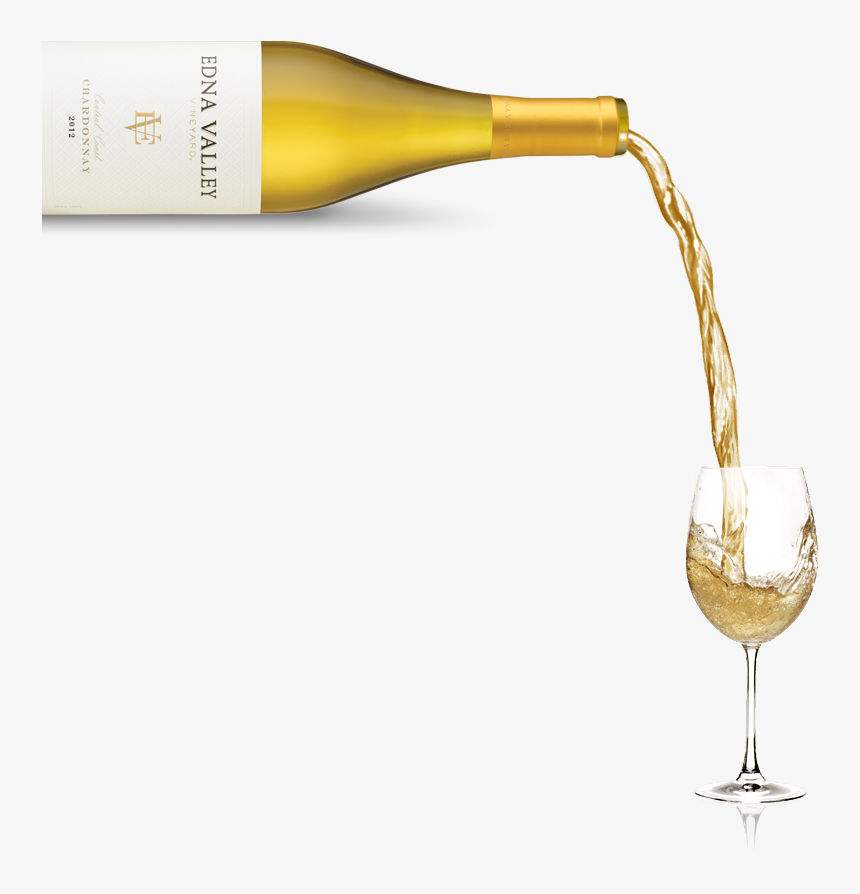As we lumber towards another Saint Patrick’s Day, your humble narrator contemplates all things Irish.
Having drank my fill of green beer back in the halcyon days of my squandered youth, I have moved on to more refined tipples, as would befit a seasoned gentleman such as myself.
The easiest way to class up an Irish event is by switching to whiskey instead of beer, which implies gently sipping in a rustic old club with plenty of dark wood and overstuffed leather chairs, instead of pounding back brewskis while wearing a leprechaun hat.
Yes, gentle reader, if there ever was a time to drink Irish whiskey, this would be the time.
For those not familiar with the spirits of the Emerald Isle, Ireland tends to punch above its weight in the world of booze.
For the whiskey purists, there is Scotch Whisky from Scotland, Irish Whiskey from Ireland, Bourbon and Tennessee Whiskey from the USA, and Canadian Whisky from our home and native land.
There is a wee bit of whisky produced in Japan, India, and New Zealand, but they are not major players on the world stage. Even China is trying to get into the game, but it is mostly rotgut produced only for domestic consumption.
Our claim to fame here in Canada is Rye Whisky, with our abundant rye grains lending a subtle spiciness to our national spirit. That’s why you saw Don Draper drinking nothing but Canadian Club in his 3-martini lunches on Mad Men, and why the Manitoba-based Crown Royal Northern Harvest recently won the coveted 2016 World Whisky of the Year award.
Here in Canada, we actually have very few regulations on how our whisky is made. Most distillers use a mix of rye and barley, sometimes with a bit of corn thrown in to keep the price down, but the amount of each grain is not restricted.
A 100% rye whisky is actually quite rare, so feel a bit of local pride about Alberta Premium, a whisky made entirely from local rye grains, produced in the Alberta Distilleries plant in Calgary.
Our Yankee neighbours to the south have more red tape to deal with, requiring American Rye Whiskey to be made from at least 51% rye, and Bourbon Whiskey to be made from at least 51% corn.
Scotland is still the king of the hill in the whisky world, even though most historians agree that it was Irish monks who introduced distillation to Scotland.
The biggest difference between Irish Whiskey and the better-known Scotch Whisky is that Irish Whiskey is distilled three times for added smoothness, instead of the two cycles through the still that is more common for Scotch Whisky.
Irish Whisky is also made from barley cooked over a closed oven, rather than the open peat fires used in Scotland, which results in a less smoky flavour.
While the whisky geeks of the world love their harshly peated single malt Scotch, the teeming millions of the mass market prefer a smoother taste, which is what Irish Whiskey aims for.
Irish Whiskey has played second fiddle to Scotch Whisky for nearly 100 years, but this was not always the case. Up until the dark days of Prohibition in the USA from 1920-1933, Irish Whiskey was the most popular whiskey in the USA, in no small part due to the large population or Irish immigrants in cities like Boston and New York.
Coinciding with the loss of their biggest export market was the Irish War of Independence, shortly followed by the Irish Civil War of 1922. When the dust finally settled, the Irish whiskey industry was in ruins, and took decades to recover.
Fortunately for the tipplers of the world, the Irish whiskey industry began a renaissance in the 1990s, making Irish Whiskies the fastest-growing segment of the booze industry for the last several years.
The big brands of Irish Whiskey are Black Bush, Bushmills, Jameson, and Tullamore Dew, all of which can be found in pretty much any neighbourhood booze merchant or drinking establishment.
My personal favourite is Tullamore Dew, which can usually be found on the shelves around the $40 mark, and is a particularly easy-drinking and smooth blended whiskey, with notes of spice, vanilla, and toasted oak on the palate.
So, if you are a whisk(e)y drinker, give that tired old Bourbon or predictable Scotch a pass, and try out an Irish Whiskey for yourself!





